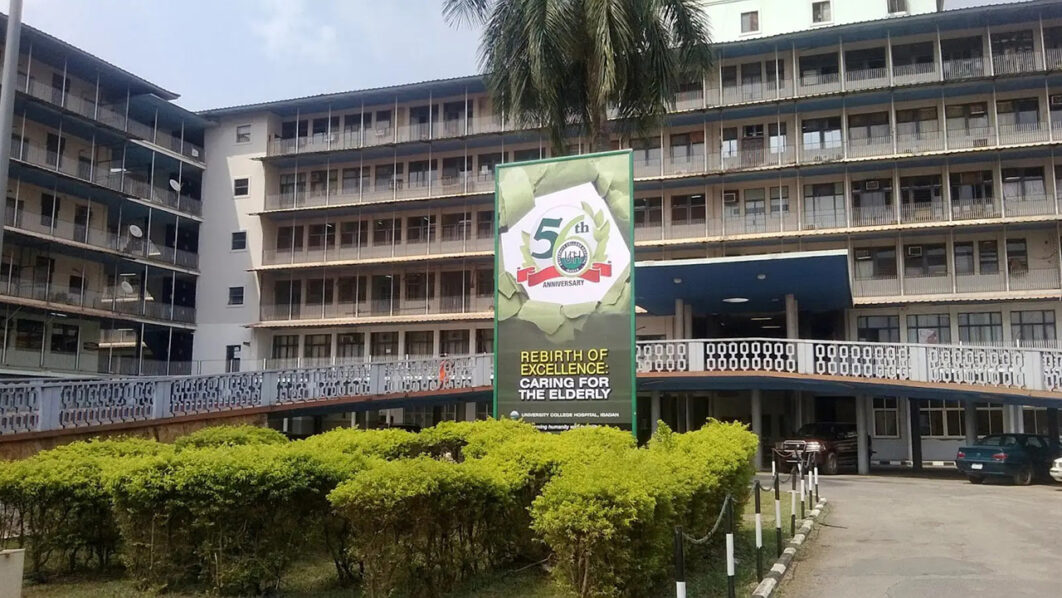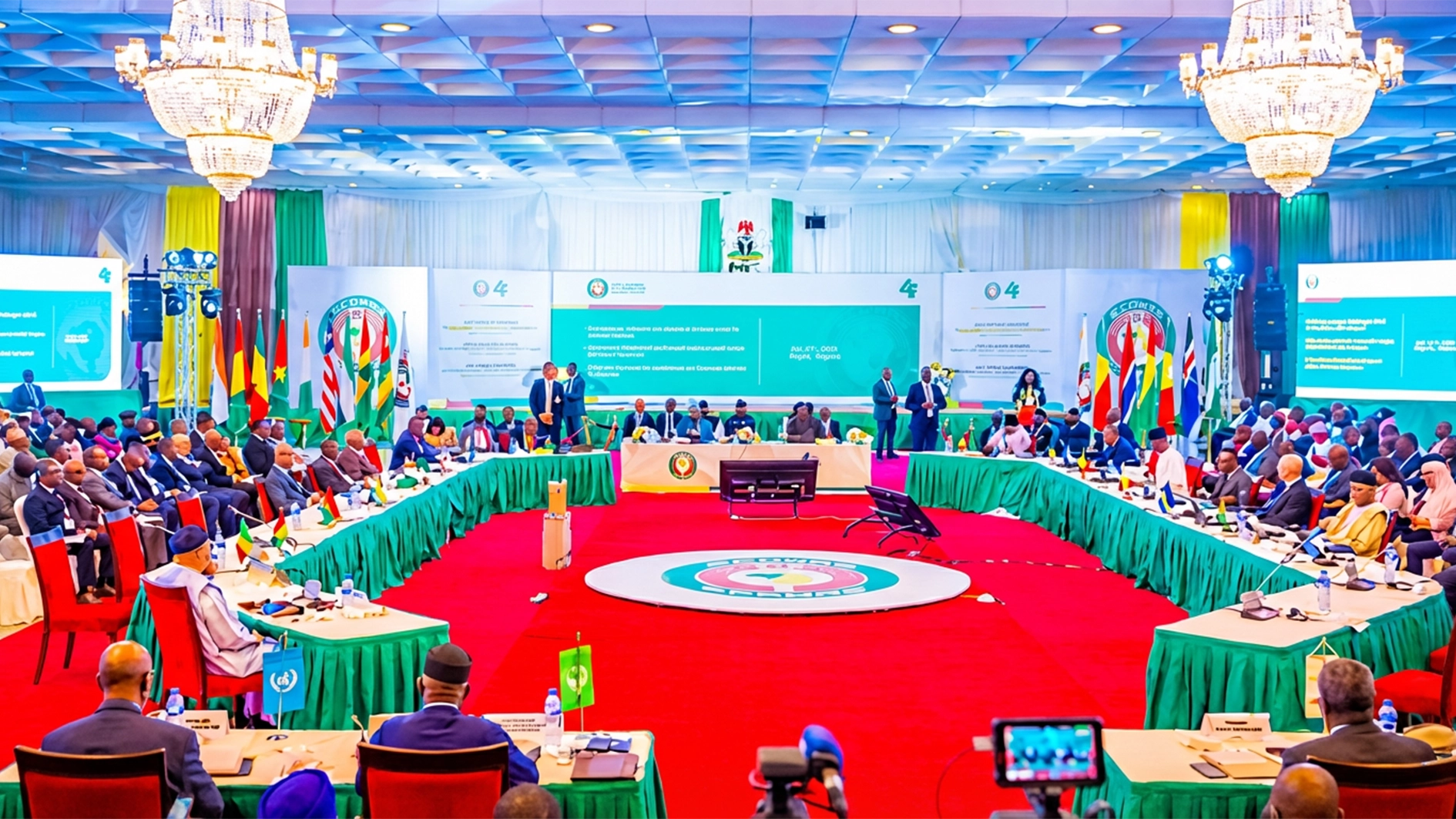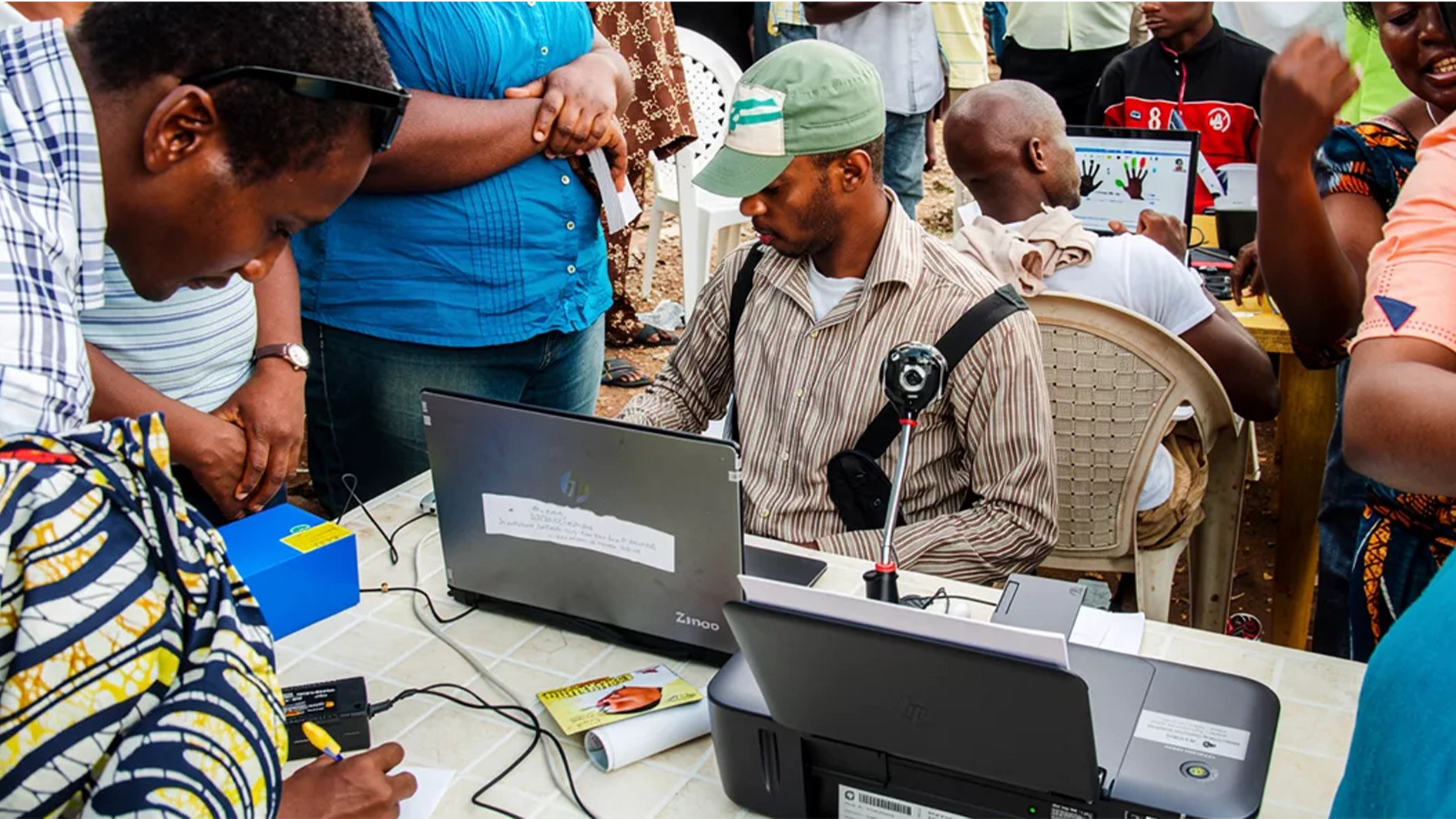
The blackout that lasted nearly four months in the University College Hospital (UCH), Ibadan, following its disconnection from public electricity supply for failure to pay the bills was a blot on the escutcheon of the country’s foremost health facility. The situation made the national pride an object of ridicule.
That UCH, a federal teaching hospital attached to the University of Ibadan (UI), which had the reputation of being rated as the fourth in the Commonwealth because of the medical feats and by extension the effective management, and where leaders of other African countries came for medical treatment, could become a place being deserted by patients for fear of deterioration of their ailments is a national embarrassment. It could have been better managed.
Though light has been restored, the management needs to be told that the situation is unacceptable and should not be allowed to happen again. Public power crisis had been rocking the UCH since October 26, 2024 when the Ibadan Electricity Distribution Company (IBEDC) disconnected electricity supply to the flagship hospital for failure to pay outstanding debt of N495million and inability to continue spending about N80million monthly on electricity bills. Consequently, medical services in the hospital were seriously disrupted such that some patients were losing confidence in the services. Some patients who could not bear the situation particularly those who were afraid of deterioration of their medical conditions and could afford the bills were taken to private and Oyo State government-owned medical facilities.
According to media report, the hospital environment that used to be bustling and bubbling looked deserted and became a shadow of its old self. It was learnt that there were very few patients in the wards and departments compared to the routine heavy traffic. Many of the departments were in grim darkness with some patients and their relatives coming out into the open spaces at intervals to get fresh air. While some departments were powered with electricity generating sets for officially-approved periods of time, and occasionally for specific purposes, others used inverters and solar power.
The claim that the situation got to a point where patients resorted to bringing their own electricity generators, solar inverters, rechargeable lamps, and fans to receive medical treatment was refuted by the UCH management. The hospital clarified that despite the disconnection, it had taken measures to address the power challenge, including installation of solar inverters and diesel-powered generators in critical areas such as the accident, emergency, and labour wards as well as the theatres.
Indeed, it is unfortunate that the power crisis in UCH was allowed to get to this point. The hike in electricity tariff is affecting other teaching hospitals within the franchise of IBEDC. It is not as if UCH was singled out. Why are other teaching hospitals paying and UCH can’t pay? It was gathered that the University of Nigeria Teaching Hospital (UNTH) which gets N30million electricity bill monthly also got its supply disconnected from the grid but the light was restored later after the institution was able to pay an unspecified amount to the disco. The Ahmadu Bello University Teaching Hospital (ABUTH) is struggling to pay high electricity bill which stands at over N80 million monthly. While Obafemi Awolowo University Teaching Hospital (OAUTH) is battling with N40million bill monthly, Lagos University Teaching Hospital (LUTH) has its monthly electricity bill hovering around N130 and N140million. These other institutions have been able to pay, even if not everything, to get by, particularly without the situation affecting their services. Is UCH the poorest? How did the management allow the debt to build up to N495million? Even with the restoration of electricity supply, there are still protests over exclusion of some parts of the larger University of Ibadan environment. It smacks of management failure.
Really, the task of managing a university is not an easy one. It is the reason the job should always be given to competent hands. It should not be about name, tribe, religion or political affiliation but about people who have the capacity and character to effectively do the job. Besides, management of first class institutions like the UCH that has become a national pride should be entrusted to people with a sense of history who will always appreciate it as a legacy that must be greatly treasured always. UCH is an institution of repute touted as the best of its kind in the country. At all times, UCH should be a repository of exceptional knowledge and character for effective management of a teaching hospital. In time of challenges affecting hospitals in its category, UCH should not be the first to go down. The historical consciousness of the institution as a pride of the nation should spur the managers to do the exceptional to keep UCH afloat.
The Federal Government should give special attention to the teaching hospitals in the country. They occupy the top hierarchy of medical institutions in Nigeria that handle serous and complicated health challenges. The constitution of the Federal Republic of Nigeria states that security and welfare of the people shall be the primary purpose of government. Healthcare is at the centre of the welfare aspect or leg of this constitutional declaration.
The intervention of President Bola Tinubu with approval of 50 per cent subsidy on electricity supply to public hospitals and educational institutions to reduce their operational costs is a welcome development. There should be prompt and faithful payment of the subsidy. Besides, the government should encourage and assist the universities to put in place alternative sources of energy to significantly reduce the amount of money they spend on electricity. For no reason should any teaching hospital in the country allow its services to be disrupted by electricity supply. Their roles are serious, complicated and mark the difference between life and death.






